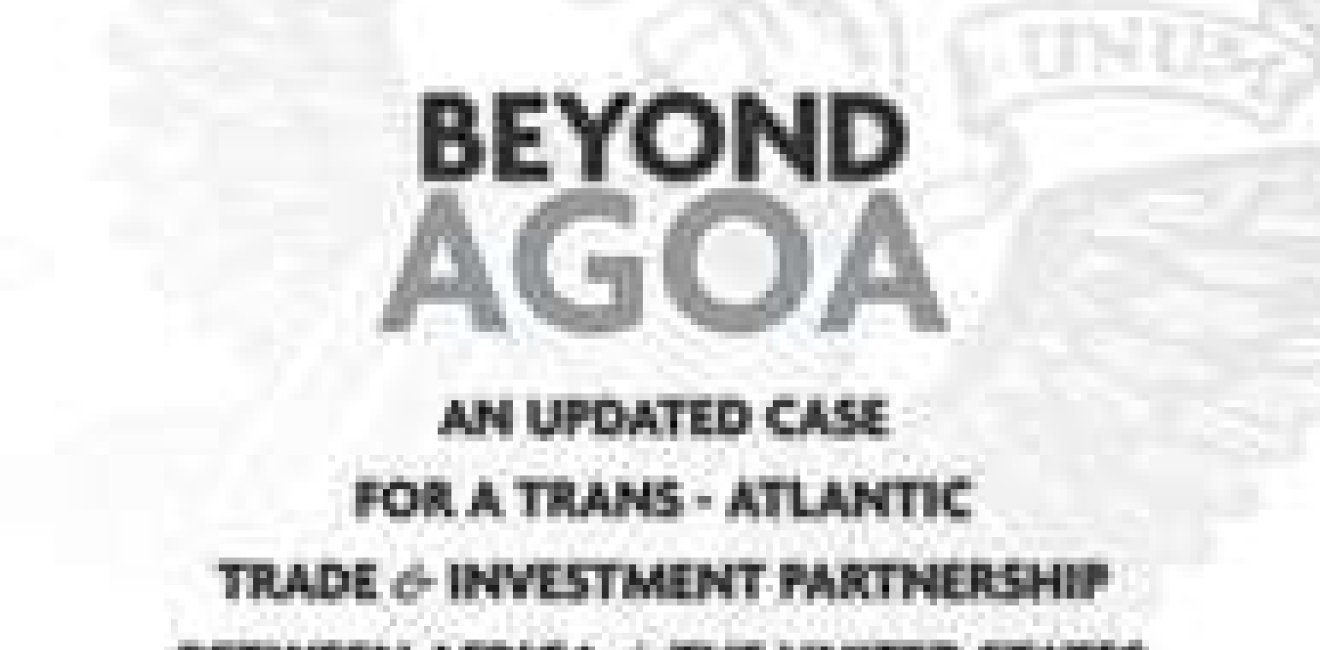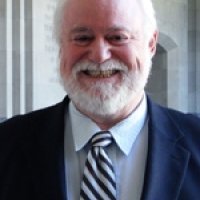The Africa Program of the Wilson Center is concerned that, with the expiration of the African Growth and Opportunity Act (AGOA) in 2015 and rapid developments on the African continent in terms of private capital inflows, Chinese presence, economic growth (second fastest growing region in the world), and unlimited economic possibilities for this emergent continent, the United States does not have a comprehensive and coordinated economic policy towards Africa. Certainly the recent Presidential Policy Determination, issued in June, was positive in this regard, but specifics are lacking. And the "American Jobs Through Greater Exports to Africa Act of 2012" which was designed to double U.S. exports to the region contains many elements which could be part of a coordinated approach. But, the focus of both the Executive and Legislative branches still seems to be sectorial and geographically limited, relying too much on bi-lateral or regional initiatives, like the more recent USAID focus on the East African Community.
In this regard, the Africa Program has partnered with Manchester Trade to formulate a concept paper on this issue that invites U.S. and African entities with a stake in deeper and more mature US-African economic relations to join them in developing proposals for a comprehensive and coordinated US/African economic relationship. The hope is to recapture the original dream of AGOA which was meant to be a transformative vehicle for Africa to allow U.S. companies ranging from SMEs, minority and diaspora enterprises to U.S. multinationals to work with the region in transforming the continent. The timing of this initiative is keyed to the upcoming 113th Congress and newly elected Administration team which must, in the next two years, renew, redesign or replace AGOA. The Wilson Center is a non-advocacy, bi-partisan research and policy institute which hopes to serve as a platform for a broad discussion of these issues with all stakeholders, including the U.S. and African public and private sectors.
In this paper, McDonald, Lande & Matanda argue that, premised on conditions here in the U.S., in Africa and elsewhere, the ‘perfect storm’could be brewing for an effective renewal or enhancement of AGOA before the program expires in 2015. With ingredients such as the Obama Administration’s ‘whole-of-government’ approach, Africa’s rapid ascent as a trade and investment destination and the risk of an inappropriate response to China and other third countries’ Africa engagement, the paper’s recommendations pivot towards ensuring that the U.S. and Africa form a more equitable commercial partnership. The attached paper is only a starting point for stakeholder consideration. The outcome of a successful effort will be to have proposals for consideration of the new Congress and Administration team which reflect a consensus of knowledgeable and engaged stakeholders. That could lead to a strong Administration comprehensive economic policy with a firm Congressional mandate to back it.






